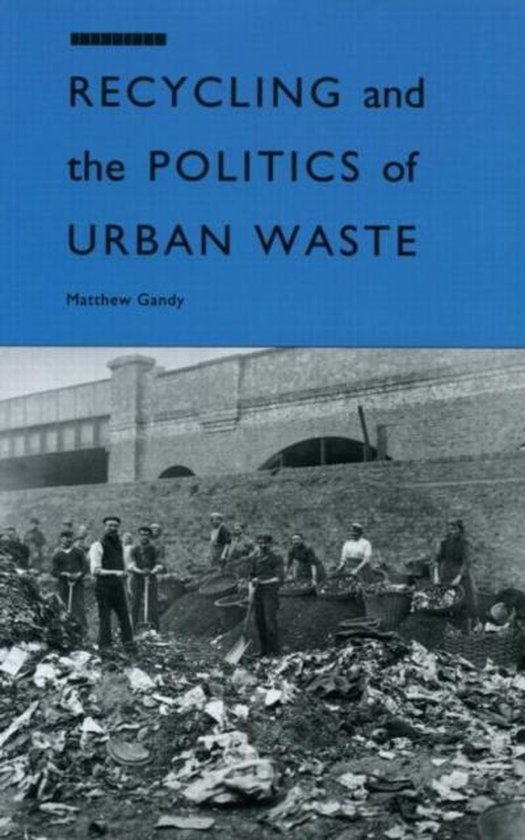The affluence of western society has given rise to unprecedented quantities of waste, presenting one of the most intractable environmental problems for contemporary society. This book examines recycling and municipal waste management in three major cities: London, New York and Hamburg. A range of political and economic issues are examined to illustrate how any reduction in the size of the waste stream in order to achieve more equitable and environmentally sustainable patterns of resource use is incompatible with the current emphasis in the use of the market for environmental protection. The case studies show how, contrary to the hopes of many environmentalists and policy makers, municipal waste management is moving steadily towards the profitable option of incineration with energy recovery, rather than the recycling of materials or waste reduction at source. The evidence suggests that the achievement of a more sustainable pattern of recycling and waste management policy would demand a fundamental change in public policy, to give government a more active role in environmental protection.

Geef een reactie
Je moet ingelogd zijn op om een reactie te plaatsen.